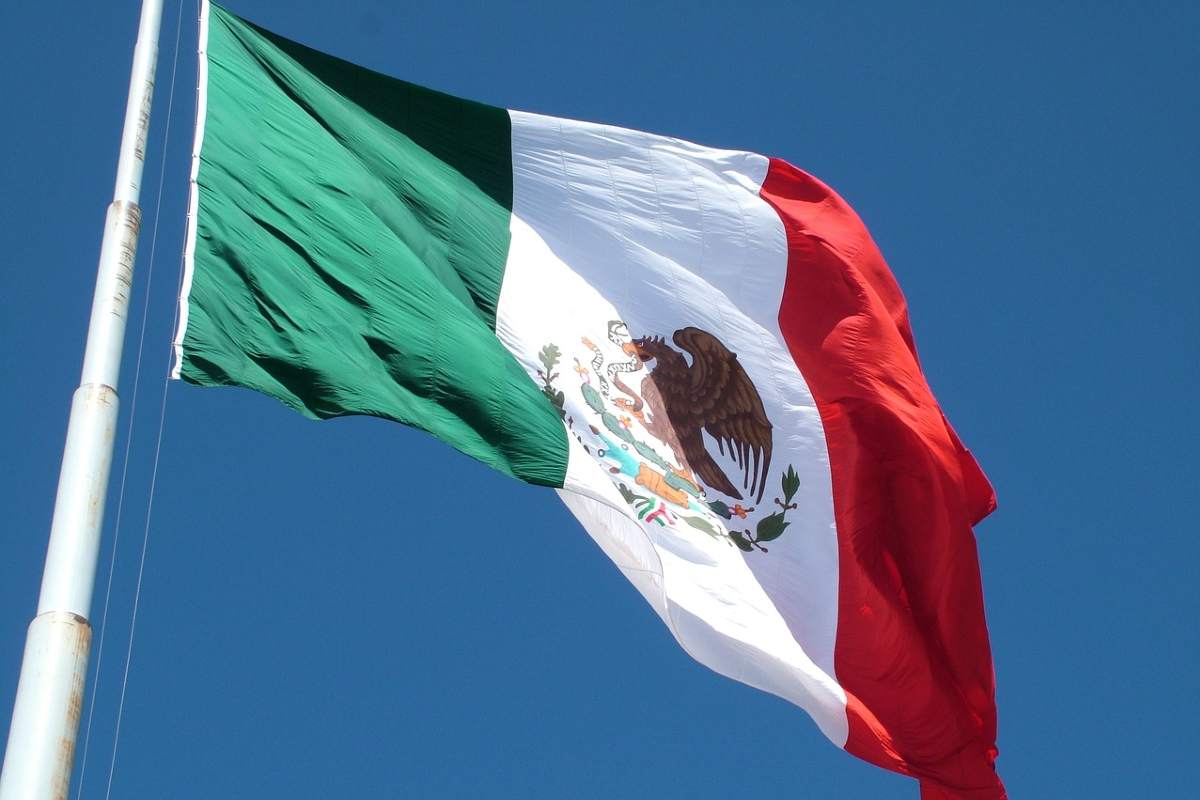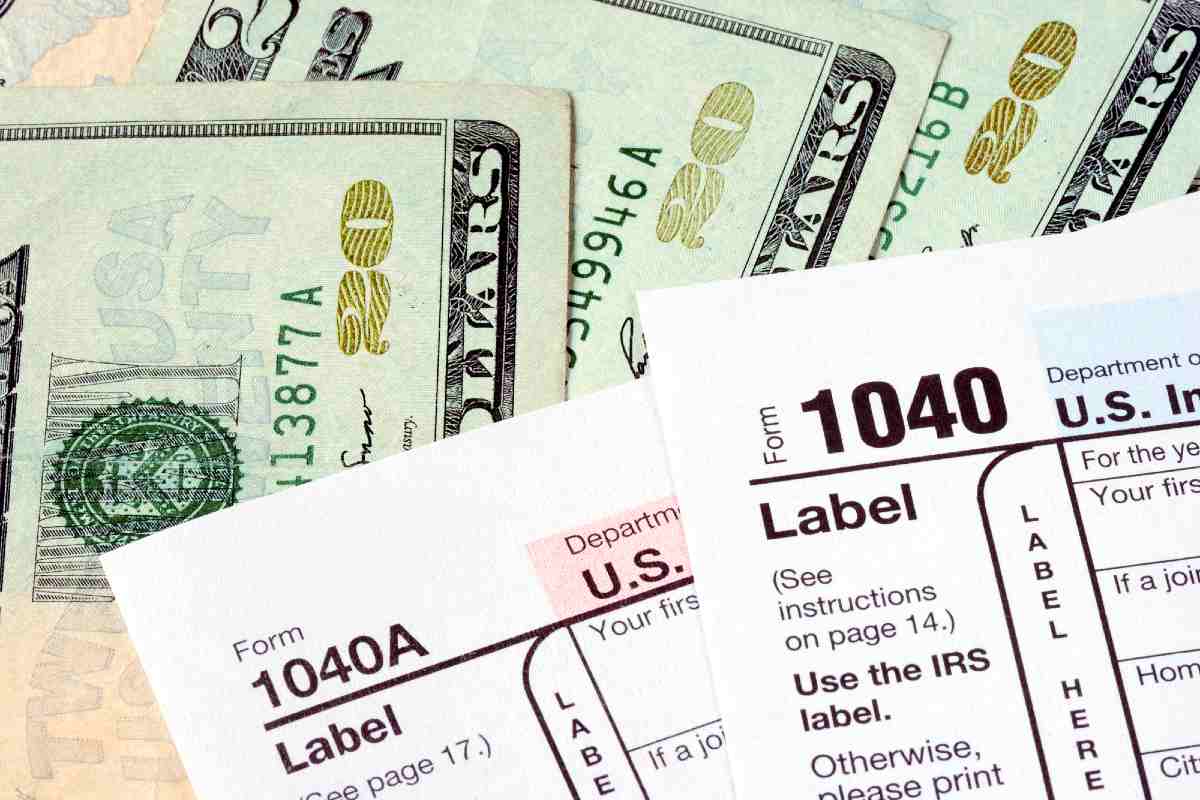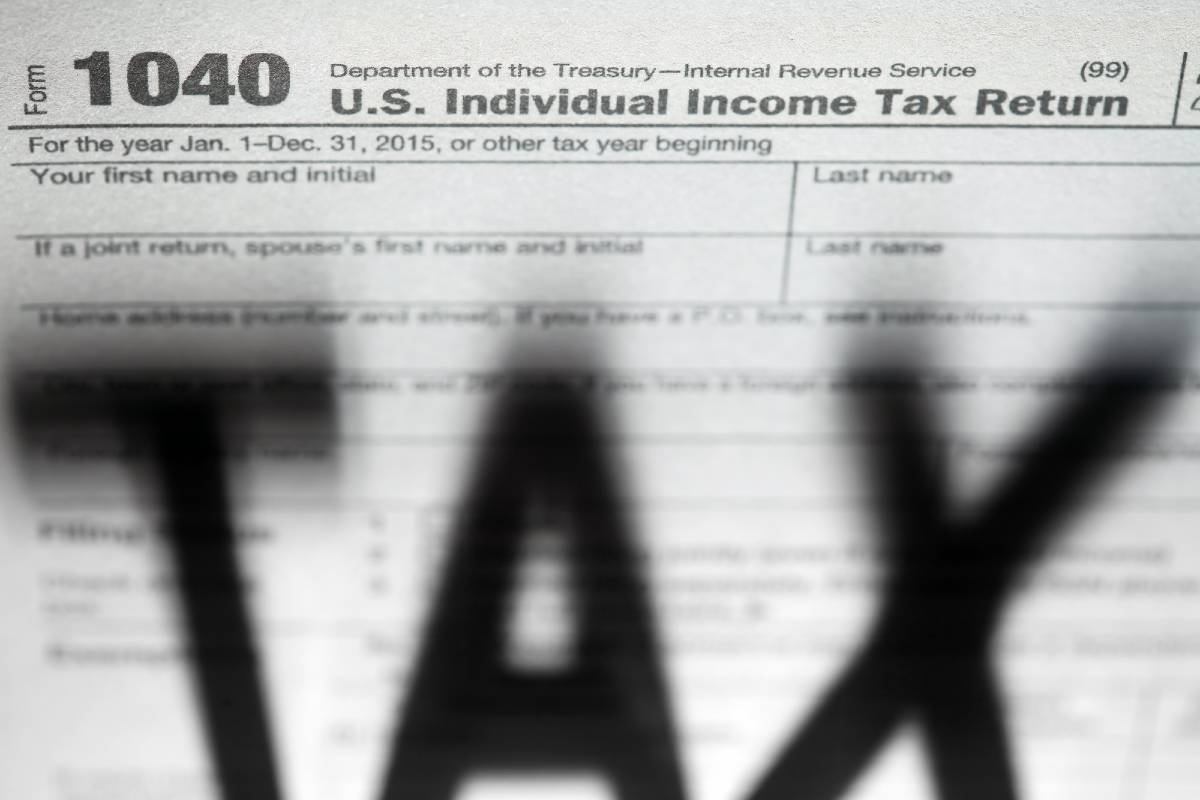Mexico has a diverse and vibrant culture with many deeply ingrained traditions. These include unique celebrations like the Day of the Dead, the country’s love of spicy cuisine, and gambling, which has seen massive growth in recent years.
The latter first formally appeared during the 19th century with the arrival of French-style casinos, but the country has had a long and confusing relationship with gambling. The strong presence of the Catholic church stopped all legal gambling forms for several years until the middle of the 20th century.
By 1947, the government could no longer ignore the rampant illegal gambling and passed the Federal Games and Draws law. This officially legalized gambling in the country and created a legal environment for casinos to operate in.
This law was amended in 2004 to reflect industry changes. Despite this, online gambling was not mentioned in the revisions. As such, no regulations oversaw the iGaming industry in the country despite its rapid growth.
As online casinos and sports betting continue to surge alongside physical casinos, the gambling sector in the country has boomed. In 2024, the revenue generated by online gambling activities alone is set to reach $2.72 billion as people are enticed by the convenience and “try your luck with free spins” types of bonuses they offer. This, among other taxation and license fees, has created significant financial implications for the government, operators, and residents.
Government and Operator Implications
The growth of gambling has numerous positive financial implications for the government, as it provides the local government with multiple income streams.
Taxes generated from a commercial standpoint come from three distinct sources:
Government Charges
Each licensed operator of gambling activities in the country (issued by the Gambling and Raffles Bureau or Dirección General de Juegos y Sorteos) must pay an annual governmental charge.
This charge ranges from 1% to 2% of the operator’s total income for the year under review. This income is calculated based on the total amount earned from bets, including those made at racetracks or sporting events.
Income Taxes (Impuesto Sobre la Renta)
In addition to governmental charges, individuals or companies that work as operators with a physical establishment within the country are also liable to pay income taxes. These substantial charges are calculated on any income earned from gambling activities, including income from online gambling.
Income taxes due are around 30% of the total income received by the operator, but this can be offset by authorized deductions on expenses that operators can claim or refunds due.
Special Production & Services Tax (Impuesto Especial Sobre Producción y Servicios)
Operators without a physical establishment in the country face equally severe taxes. License holders in this category are also liable to pay 30% of the income they receive from all wagers placed.
Local Taxes
It should also be noted that local taxes are imposed on operators in certain Mexican states. These are not seen as primary income streams for the government as they vary depending on the casino’s location.
When the above taxes are charged to operators, their profitability is impacted when the tax becomes due. For the government, however, the implication of these taxes is favorable and generates millions of dollars in additional revenue.
In 2021, the revenue generated by these taxes boosted the government’s budget by approximately $119 million. The government reinvested this money into various social programs, schooling, and other items that benefit the country’s residents.
Personal Implications
Residents who enjoy gambling, like operators in the industry, also have significant financial implications. These come in two forms: taxation and affordability.
Taxation
All gambling winnings in Mexico are commonly subject to personal income tax—with very few exceptions allowed. The amount of tax payable on winnings depends on various factors determined by the individual.
Rather than paying tax on the total amount received from winnings, these winnings are added to the winners’ general income tax calculation. This means that the tax payable varies depending on other sources of income a player may have (such as a salary or wages) and on the tax bracket the individual falls within.
The government has implemented various measures to ensure proper collection of taxes charged on winnings. The most notable of these is that casinos are required to withhold a certain percentage of the winnings due to a player when paying them.
This percentage is calculated based on the size of the winnings and ensures that the casino retains enough money to cover any potential tax payable on the windfall. This money is then paid directly to the government, reducing the amount the individual owes when they file their taxes for the period in which the win occurred.
Affordability
Alongside the implication of taxation, the affordability of players to gamble has been in the spotlight as the pastime’s popularity has grown. With almost 58.5 million adults in the country actively gambling online or in physical casinos, problem gambling has been rising.
While still relatively low compared to other countries, adults who have been identified as having a problem with compulsive or excessive gambling amount to 0.3% of the gambling population. These players tend to chase losses and spend above their means when pursuing a significant win.
This, in turn, affects their ability to provide for themselves and their families and places financial strain on many households. When this financial strain cannot be maintained between families, some apply to the government for financial assistance, creating further implications on national budgets.
To combat this, the government has attempted to institute new regulations to curb the effects of problem gambling—with the withholding of taxes mentioned above being one avenue. The government also actively tries to protect younger generations from the effects of gambling by enforcing laws such as regulations forbidding gambling institutions from being erected near schools.
Local governments also often undertake other programs to promote responsible gambling. These include spreading safe gambling education through literature and public service announcements.












